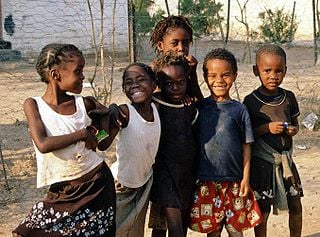Children who make an effort to perform acts of kindness are happier and experience greater acceptance from their peers, suggests new research from the University of British Columbia and the University of California, Riverside.
Kimberly Schonert-Reichl, a professor in UBC’s Faculty of Education, and co-author Kristin Layous, of the University of California, Riverside, say that increasing peer acceptance is key to preventing bullying. In the study, published today by PLOS ONE, researchers examined how to boost happiness in students aged 9 to 11 years. Four hundred students from Vancouver elementary schools were asked to report on their happiness and to identify which of their classmates they would like to work with on school activities. Half of the students were asked by their teachers to perform acts of kindness – like sharing their lunch or giving their mom a hug when she felt stressed – and half were asked to keep track of pleasant places they visited – like the playground or a grandparent’s house.

“We show that kindness has some real benefits for the personal happiness of children but also for the classroom community,” says Schonert-Reichl, also a researcher with the Human Early Learning Partnership at UBC.
According to Schonert-Reichl, bullying tends to increase in Grades 4 and 5. By simply asking students to think about how they can act kindly to those around them, “teachers can create a sense of connectedness in the classroom and reduce the likelihood of bullying.”
Study available at: http://dx.plos.org/10.1371/journal.pone.0051380
